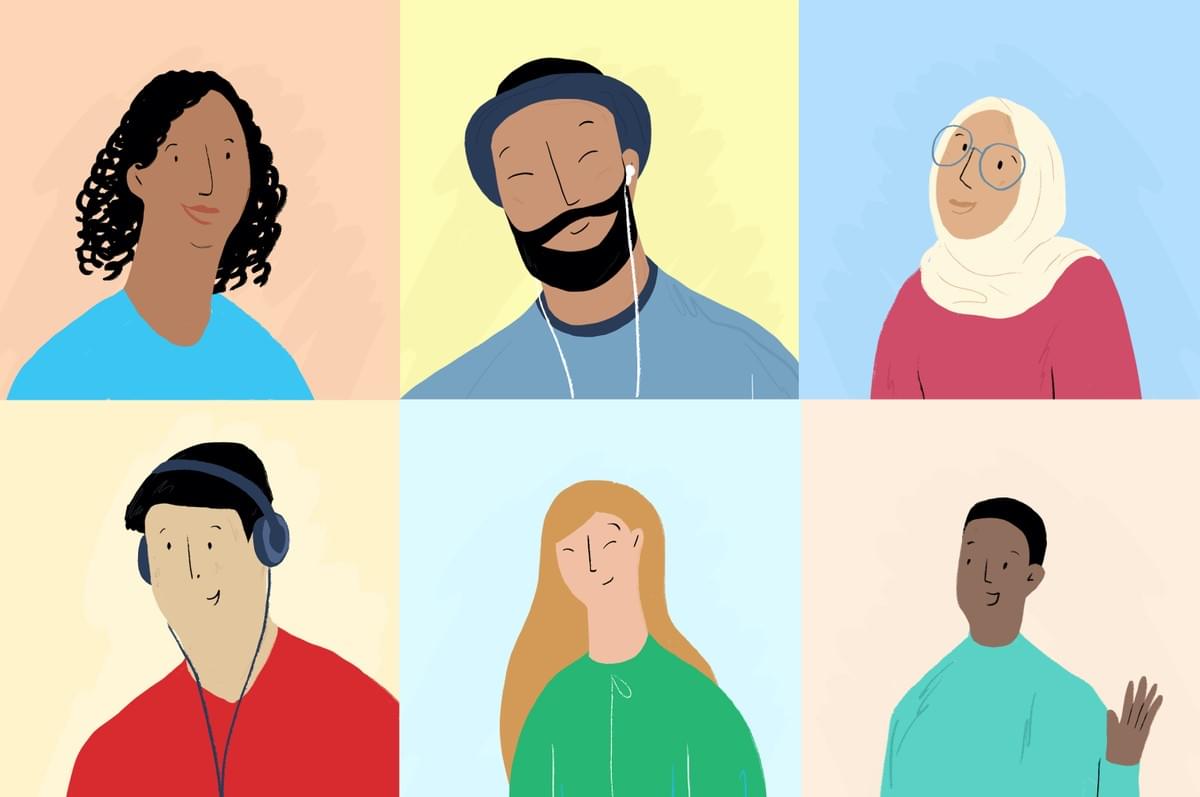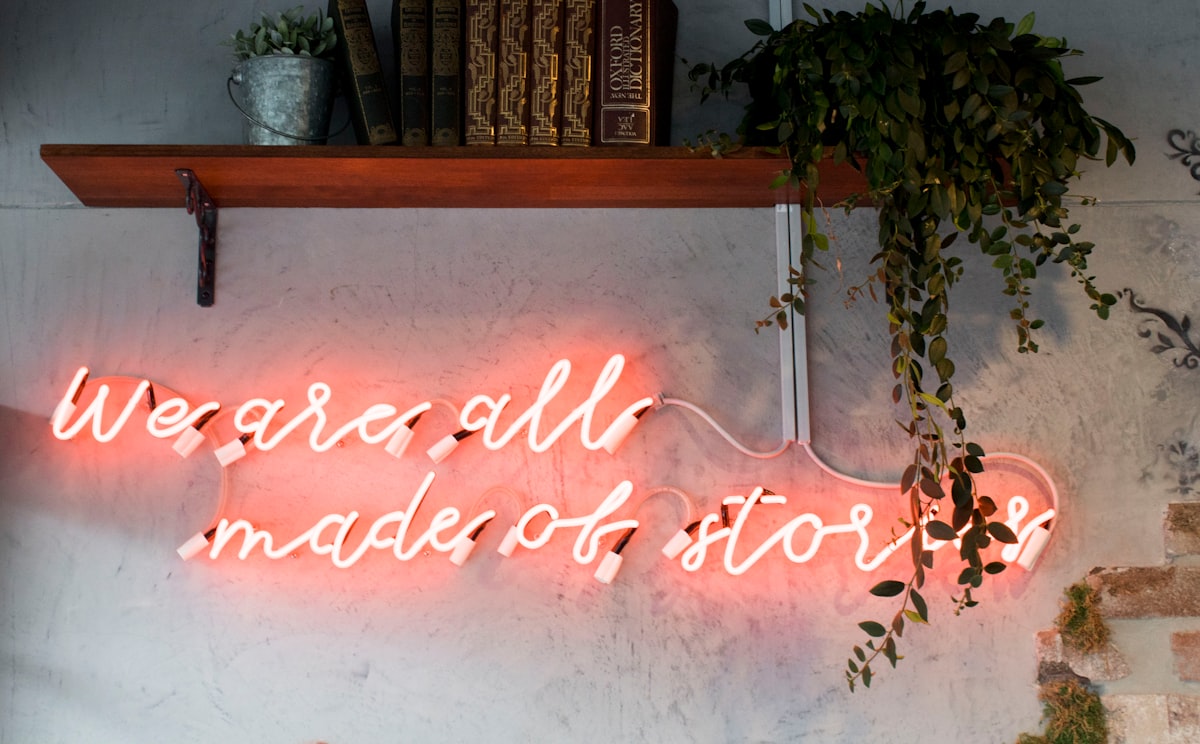



- Team
- Get Involved
- …
- Team
- Get Involved



- Team
- Get Involved
- …
- Team
- Get Involved


A collection of stories and experiences from graduate students at our university
Throughout my upbringing, I lacked a clear understanding of what a healthy relationship entailed. Witnessing my parents' separation when I was merely five years old set a precedent. As my mother remarried, her new husband grappled with fidelity issues and battled alcoholism.
Consequently, I grew up devoid of faith in love and devoid of comprehension regarding boundaries.
My initial romantic relationship mirrored the turbulent dynamics I witnessed at home, marked by emotional and physical abuse. In hindsight, I wished I had recognized the warning signs sooner. However, when I finally received assistance from a local agency, my self-esteem had already
plummeted, leaving me feeling directionless and vulnerable, ultimately returning to the arms of my abuser.
Upon earning my undergraduate degree at the age of 21, I experienced a sense of empowerment and newfound awareness of alternative paths. Yet, I remained ensnared in emotional manipulation, with my partner threatening self-harm if I dared to leave. Trapped in this toxic cycle, I reached a breaking point during a violent altercation when he hurled glass at me. It was in that moment that I resolved to sever ties for my own safety, realizing that the cycle had to end.
Now, on the brink of graduating with a Master's Degree in Social Work, I reflect on my journey. Despite the darkness of my past, I found purpose in assisting women in my community who faced domestic violence and educating adolescents on healthy relationships. My story underscores a crucial truth: the power to create change resides within oneself. Despite the hardships endured, I discovered that by unlocking my own potential, I could break free from the chains of abuse and start anew. Through resilience and determination, anything is achievable.
Embarking on a direct PhD in engineering in Canada, away from home, presented unexpected challenges. The relentless pressure of research and coursework led to sleepless nights and panic attacks, compounded by a deep sense of homesickness. At times, I felt disconnected and burned out, questioning my purpose here.
In this struggle, I found solace and strength in three pivotal strategies. First, I prioritized spending time outdoors and with friends, breaking the isolation of academic life. Second, I rediscovered painting, a forgotten hobby from my home country, which became a therapeutic outlet for my emotions. Lastly, engaging in entrepreneurial events rekindled my motivation and connected me with inspiring individuals. These experiences were not merely coping mechanisms but vital lessons in resilience and mental health. They underscored the importance of balancing academic pursuits with activities that nourish the soul.
To anyone navigating similar challenges, remember the power of hobbies, community, and self-care. Your journey is unique, but you don’t have to walk it alone. Prioritize your well-being and find joy in the pursuits that light your path. This story is a reminder that amidst the pressures of academia, finding balance and embracing our passions can lead to true resilience and fulfillment.Honestly I haven’t found a balance in my school/work life schedule. In the beginning there was a lot of guilt in not being able to have a balanced life but now I’ve come to terms with my schedule looking nothing like the “normal” schedule. At the end of the day if I was productive and got work done it was a good day. Normalize different schedules.
Take good care of yourself. We are living through a pandemic and there are bound to be setbacks. Especially as we go into winter break and our busy school and work life slows down. I’ve struggled recently with this, as I now have too much free time to think about how the holidays are going to be looking this year. What’s helped me is reaching out to my friends and family for phone conversations and Zoom parties, and letting myself grieve all the what if’s. So please make sure you are kind to yourself and celebrate the small triumphs like finishing your final exams/papers.
Newcomers: Make sure to utilize the resources UofT has to offer, I mean you've already paid for them! I find the Graduate Centre for Academic Communication (GCAC) especially helpful, they offer monthly workshops that are great to help you brush up on your writing skills but honestly it's the courses that are the best. In the non-credit courses I've been able to work on my writing/speaking skills and have learned new strategies to use. Do make sure to sign up for them early as registration fills up fast!
Health & Wellness is an amazing resource! They are helpful, prompt and will help you find the mental health support you need. If you have any accessibility needs, Accessibility Services is also a great resource. I was diagnosed with a mental illness mid-semester and my H&W psychiatrist and accessibility advisor helped me manage it and get my semester back on track. I feel very supported by the U of T mental health community.
There was a time in my life where for some reason, all the joy left. I have heard the words "being in a dark place", but I must admit I did not understand it until I felt it myself. It actually felt like everything in my life was being experienced through a filter that made everything dark and heavy. I did not know what to do at that time. I had always heard about reaching out, but I did not feel comfortable sharing these feelings with others. Actually, the hardest part is that I did not understand the feelings, or why, or how I got to that point, so it was difficult to share. At that time, my partner was trying to help as much as possible, and they recommended just checking out some assistance programs. I did not feel comfortable talking with someone face to face, and at the time I felt too overwhelmed with other things (work, life, school) that I did not feel I had the time to go to counselling. So instead, I mustered up the guts to use the online assistance program, which allowed me to communicate with a professional through email, which I found was the easiest thing for me. It almost felt like I was writing for myself, but getting feedback and support from someone who could help. This person guided me and helped me understand my feelings, and eventually I was comfortable and feeling better enough to talk face to face with someone. And this has been the best decision in my life (cliche, I know), but this helped me gain coping skills that I have used throughout, including the ability to reach out again when I felt similar feelings. If you ever feel like this, I remind you, you are not alone, and I send you all the strength and support to make that one phone call, that one email, or to reach out that hand and say " I am not ok, I need help". I promise, someone is there looking for that hand, and will help you.
I’ve been struggling for a long time with PTSD. In university I started to realize that my abusive family home was not the norm, and then I was sexually assaulted in my first year. I had a really hard time keeping my grades up afterwards and I was out of school for five years before beginning my master’s degree. In that time I struggled with abusive relationships and my self esteem. I’ve been chronically underachieving for the last ten years to avoid the fear of not being good enough. Last fall I started doing everything necessary to work towards my career again, even if it burned with embarrassment or agonized me with shame or overwhelmed me with the fear of rejection. I just did it anyway, and then gave myself a hug and took another step forward. It's the hardest thing I've ever done. Some days it is really difficult to honour my feelings and let them out in a healthy way, and to come to terms with the fact that I will be doing this management for a long time, maybe life-long. It’s hard to focus in class and some days the work feels overwhelming and confusing. I’m afraid to state my ideas and afraid of disapproval. But the most helpful thing I did this term was talk to my program head and professors when I started to struggle with the course load. I also started counselling through U of T’s disability services, with a focus on managing my feelings about receiving criticism and to let go of perfectionism. I think that when I learn to get out of my own way, it will be even harder for any person, circumstance, or any other set back to break me down again, because I have already climbed a mountain. You are different from me and I can’t advise you. I’m just here, sitting beside you with my story, on a similar mountain.
Grad Minds
University of Toronto
Graduate Students' Union
Contact Us
mentalhealth@

